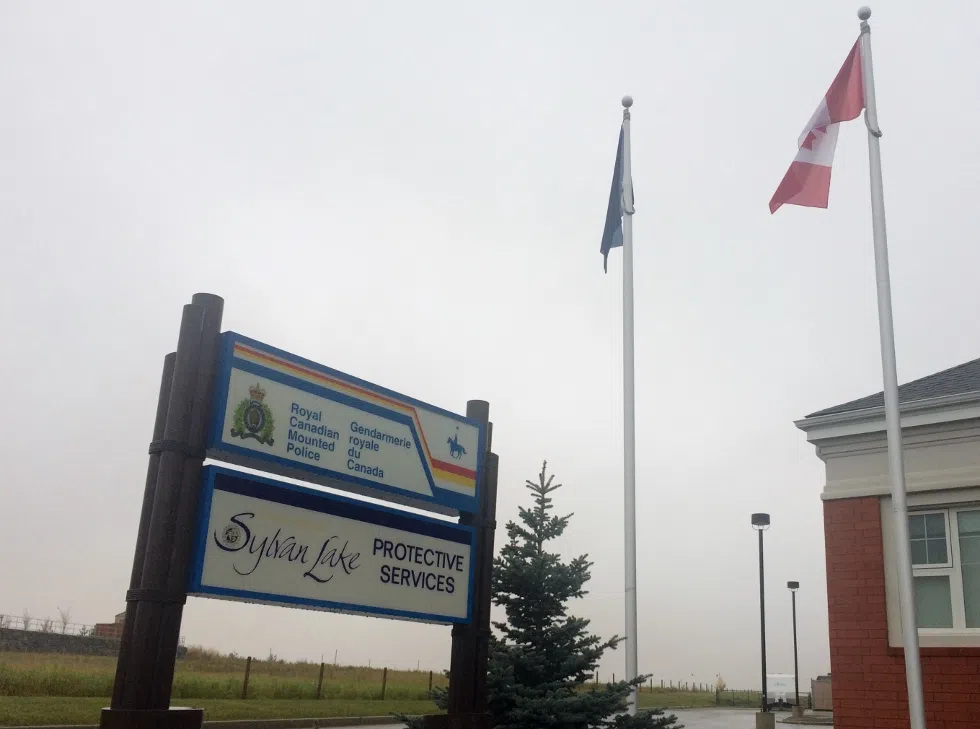
AUMA pushing ‘everybody pays’ model for police funding
The provincial government is being put under increased scrutiny as municipalities across Alberta are being asked to support a letter campaign which endorses a more equitable model of police funding.
The Alberta Urban Municipalities Association (AUMA) is appealing to municipal governments to sign a letter calling for the end of a system where not all municipalities have to pay for their policing.
The letter points out policing costs are only paid by urban communities with a population greater than 5,000, while smaller communities, counties and municipal districts are all exempt.
Complicating matters is that from 2008 to 2016, municipal policing costs have increased 23.3 per cent while the Municipal Policing Assistance Grant (MPAG) has gone up only 15.8 per cent.


